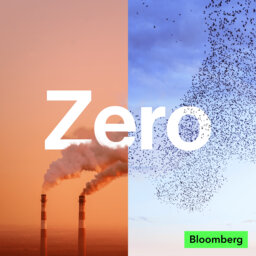This week on Zero, reporter Akshat Rathi sits down with Renee Salas, an emergency medicine physician at Massachusetts General Hospital and Harvard Medical School and a leading expert on the health impacts of global warming. The intersection of health and climate change is a growing area of research, and an increasingly urgent one: Heat deaths among seniors, for example, are projected to increase 370% by mid-century. But even the young and relatively healthy are at risk. “The take-home I want everyone to go away with is that we all are at risk for this,” Salas says, “especially as we get into more and more extreme conditions.”
Explore further:
- Past episode with climate scientist Katharine Hayhoe about how higher temperatures results in “global weirding”
- Past episode with John Vaillant, author of Fire Weather: A True Story from A Hotter World
- Past episode with Eleni Myrivili, Global Chief Heat Officer at UN-Habitat about designing cities to face extreme heat
Zero is a production of Bloomberg Green. Our producer is Mythili Rao. Special thanks this week to Kira Bindrim, Matthew Griffin, and Jessica Beck. Thoughts or suggestions? Email us at zeropod@bloomberg.net. For more coverage of climate change and solutions, visit https://www.bloomberg.com/green.
In 1 playlist(s)
Zero
Zero is about the tactics and technologies taking us to a world of zero emissions. Each week Bloombe…Social links
Follow podcast
Recent clips

(Sponsored Content) Evolving Money: Blue Chip Meets Blockchain
16:48

Ethiopia’s fossil fuel car ban is a vision of the future
32:37

Do artists have a duty to be political? Imagine series
32:37
 Zero
Zero